Smart people get an added advantage in work, relationships, and social life. It is not uncommon that smarter employees are recruited for leadership positions and high-paying posts. Do you want such a competitive advantage to reap greater benefits? Then it’s time to cultivate hobbies that make you smarter.
Engaging in new hobbies that put extra pressure on your brain to work faster and better will make you smarter and more intelligent over time and help you live up to your full potential. Before discussing further take a look at the image below to know about hobbies that make you dull.

Do you think you have hobbies that make you dull? If, yes then it is time to know how to become smarter and more intelligent.
Check Out 7 Hobbies That Make You Smarter:
1. Play A Musical Instrument

If you want to be creative and smart, then start playing a musical instrument. You can choose guitar, piano, drums or anything else you want. Studies show that playing music boosts language, analytical skills, memory, fine motor skills, executive skills, problem-solving skills besides creativity. These skills make you creative and smarter than those who don’t play music.
A lot of brain studies showed that playing a musical instrument strengthens the corpus callosum that links the brain hemispheres by creating new connections. And this process happens irrespective of your age. It means you can reap the benefits of playing music even when you are old.
What else? Musicians over time develop a heightened sense of coordination and cooperation. Playing music helps kids with dyslexia – improve their learning and speech processing. Stroke patients can recover from brain injury if they undergo music training.
Take a look at the image below, it shows increased brain activation in professional pianists compared to age-matched non-musicians. Additional brain activity (yellow/red zones) in skilled pianists compared to nonpianists when listening to piano tunes without moving their fingers (upper row), or when moving their fingers on a mute keyboard (lower row).
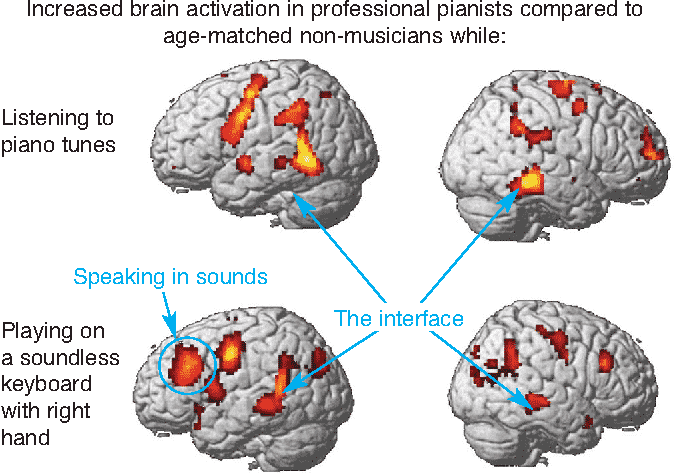
Given below is the image of the differences in the brain structure of musicians and non-musicians, published in the Journal of neuroscience.
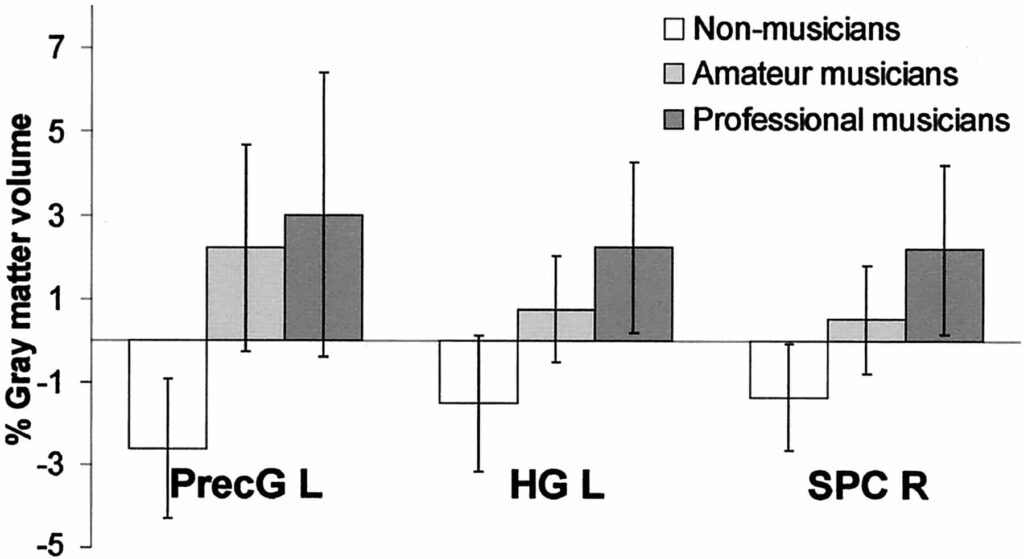
Relative differences in gray matter volume (mean and SD) between professional musicians, amateur musicians, and non-musicians in three selected regions. Regional differences in the left precentral gyrus (PrecG L), left Heschl’s gyrus (HG L), and right superior parietal cortex (SPC R) using a spherical region of interest with a radius of 8 mm centered at the local maximal difference are shown.
Read What Your Taste in Music Says About Your Personality: Quiz
2. Read Like No Tomorrow
This is one of the most common hobbies of most successful people in the world – not without a reason. Read anything that you can – murder mystery, comic, horror story, romantic novel, or the latest issue of the Wall Street Journal. As a result, you will experience –
This is because different areas of the brain become active and activate a network of circuits and send signals to the brain. Reading increases crystallized, fluid, and emotional intelligence making you confident and smarter than others. You are better able to navigate your everyday life and solve problems. Reading improves overall brain activity!
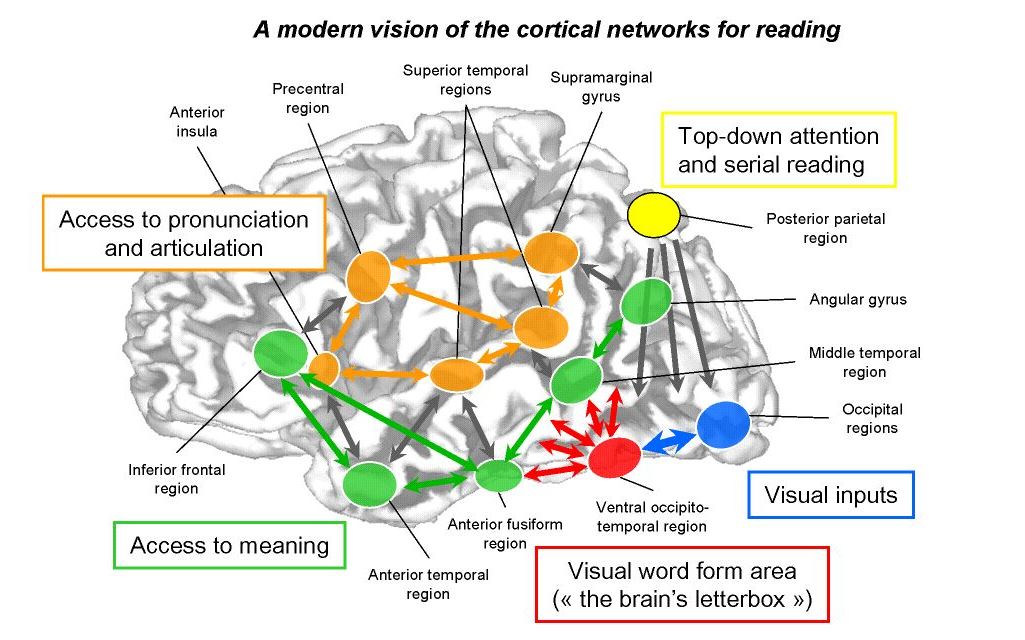
Researchers have found that vivid readers have –
- High brain flexibility
- Concentration
- Listening skills and
- Memory
Therefore, they are good at detecting patterns, understanding processes, and accurately interpreting and responding to other people’s feelings. Guess what? They also have better managerial skills!!! Undoubtedly, reading is one of the best hobbies that make you smarter.

Read 8 Benefits Of Reading Regularly According To Science
3. Meditate Daily

Meditation is the oldest form of relaxation technique that significantly affects every part of the brain and benefits the mind and body. In my opinion, meditation is one of the world’s best hobbies that make you smarter and more intelligent.
Once Buddha was asked, “what have you gained from meditation?” He replied, “Nothing”. “However, let me tell what I lost: Anger, anxiety, depression, insecurity, fear of old age and death ”
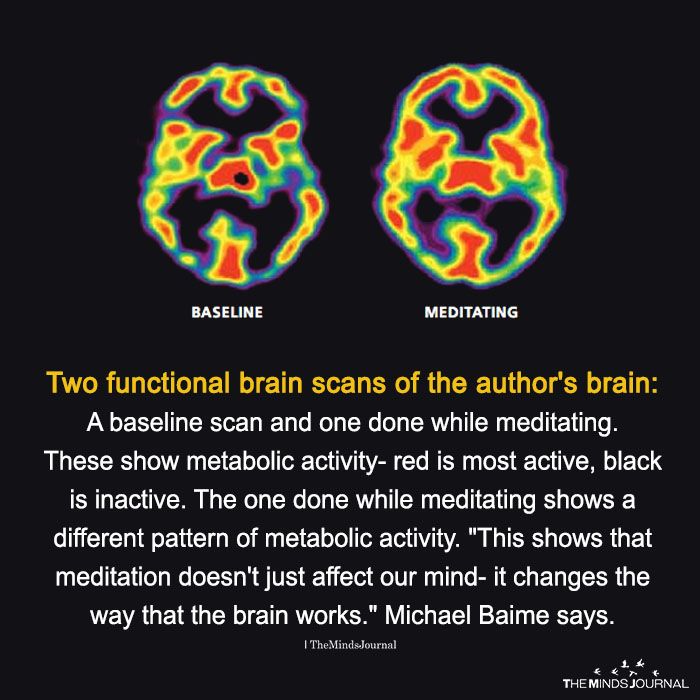
In 1992, Scientist Richard Davidson studied the brain waves of the Dalai Lama during meditation to check out if he could generate specific brain waves on command. When the Dalai Lama and other monks were meditating and focusing on their brain waves showed that they were in a deeply compassionate state of mind. The study results were published in “Proceedings of the National Academy of Sciences” in 2004 and then in the Wall Street Journal.
The research concludes that we can control our own brain waves. By practicing meditation we can feel whatever we want to feel whenever we want to. This means we can feel more powerful right before a negotiation, more confident when asking for a raise, and more convincing during a sales call.
4. Brainstorm To Become Smarter
When was the last time you solved Sudoku? Or played board games with friends and family? Riddles, card games, and puzzles are mind games that increase our brain neuroplasticity and IQ. Solving Sudoku is one of my favorite activities to increase IQ.
Brainstorming complicated chess games or tough riddles changes neural pathways and synapses, which help us to see things from different points of view. These type of fun and engaging hobbies helps us understand the cause and effect of behaviors and emotions.
As our cognitive abilities improve, we become aware of new patterns, learn things faster and memorize more. Scientists have found that people with high neuroplasticity are at lower risk of anxiety and depression.
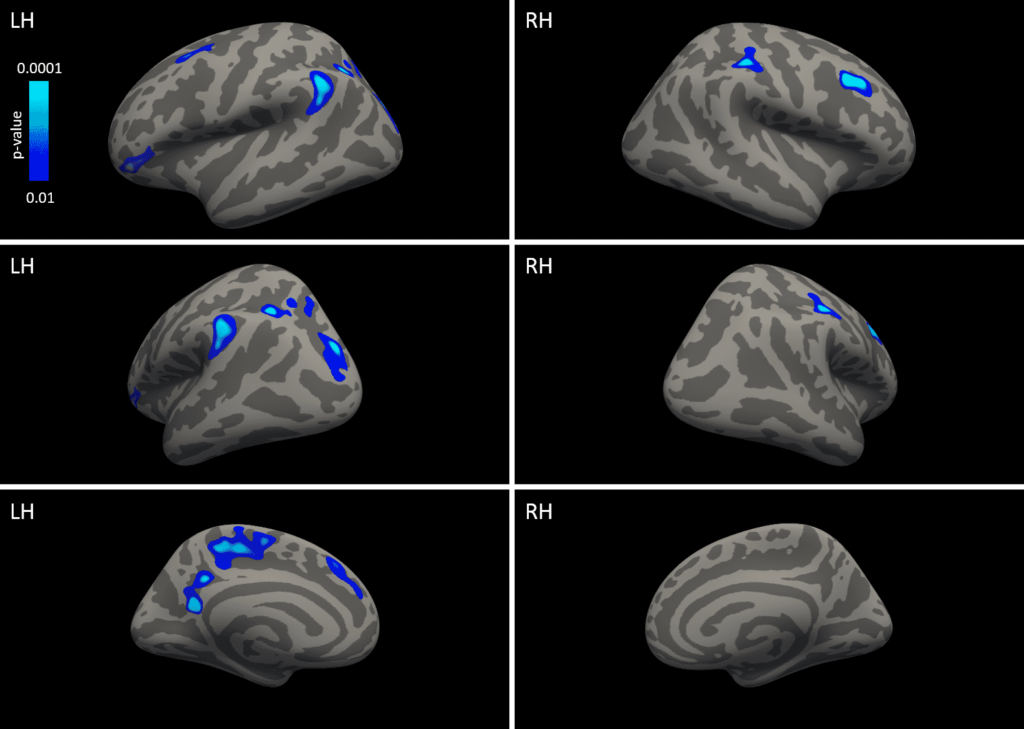
The above image represents the inflated view of cortical thickness differences in Chinese chess experts. Cortical thickness and functional connectivity changes in Chinese chess experts.
Read 10 Tricky Riddles To Workout Your Brain
5. Be Physically Active
It doesn’t mean you have to go to the gym and pump iron. You need to keep moving instead of sitting on the couch and binge-watching Netflix or working for long hours on your business project. Walking or running is also a form of exercise and one of the easy-to-cultivate hobbies that make you more intelligent.
Regular exercise strengthens connections between brain cells and increases BDNF (Brain-Derived Neurotrophic Factor) protein that helps with learning, concentration, memory, and understanding, also often referred to as mental acuity.
See the image below – It clearly shows how the brain is more active (red region) when walking for 20 minutes than when sitting alone.
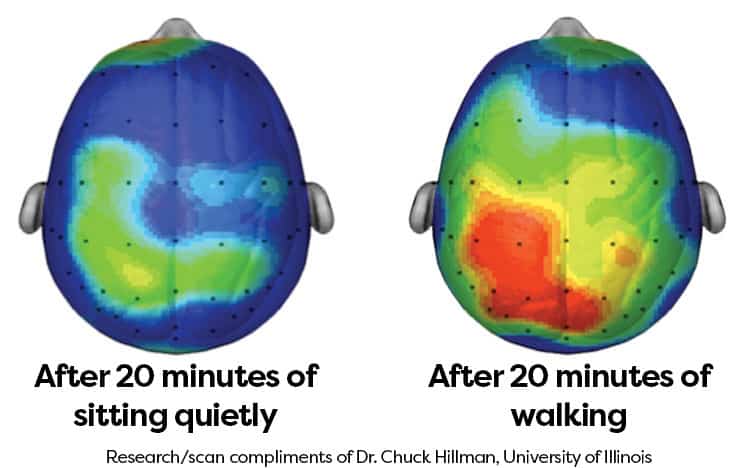
Read 22 Tips To Keep Your Brain Sharp and Young At Any Age
6. Learn A Foreign Language.

Research has shown that people who learn a new language can develop new brain areas. People who can speak more than one language are better at solving puzzles than people who speak only one language. Learning new languages is one of the wonderful hobbies that make you smarter. It boosts your –
- Critical thinking
- Listening skills, and
- Attentiveness and
- Makes you perform better at mentally demanding tasks such as planning and problem-solving.
Read 12 Tips To Sharpen Your Sixth Sense
7. Test Your Cumulative Learning
There are people who don’t study throughout the semester but master the topic the night before the big test. Coool and smart isn’t it? However, learning anything in this style makes you forget it quickly. Because you may be rarely required to repeat that knowledge in that same way. When you study all along in bits and pieces during the semester, you will feel better prepared for the exam.
Remember when you first learn a new language, you start with the alphabet, words, and sentences. You need to master the basics and understand the grammar and vocabulary and repeat countless times as you improve the new language skills. This serves as a building block for subsequent development. This is cumulative learning and that’s how learning a new language makes you smarter.
You can apply the same concept in your day to day basis like at your workplace by keeping track of important details and bits of knowledge you acquire during meetings and conferences. Maintain a small journal to note down anything that strikes your attention. Start integrating cumulative learning into your self-improvement program.
Are you ready to learn what makes you smarter?
If you try hard, you can keep developing your brain irrespective of age. Smart hobbies or activities stimulate different areas of your brain, making you smarter over time. So start focusing on self-improvement and cultivate the above-mentioned hobbies that make you smarter by boosting your brainpower.
Please share this article with anyone who you may think will find it valuable and helpful. Also, let us know in the comments below what are the top hobbies that make you smarter.
References:
- Wanjek, C. and Bak, T., 2014. Learning a New Language at Any Age Helps the Brain. Live Science. Np.
- Arnold, J. and Fonseca, M.C., 2004. Multiple intelligence theory and foreign language learning: A brain-based perspective. International journal of English studies, 4(1), pp.119-136.
- Ieraci, A., Mallei, A. and Popoli, M., 2016. Social isolation stress induces anxious-depressive-like behavior and alterations of neuroplasticity-related genes in adult male mice. Neural plasticity, 2016.
- Hassinger-Das, B. and Hirsh-Pasek, K., 2019, January. Brain Training for Kids: Adding a Human Touch. In Cerebrum: the Dana forum on brain science (Vol. 2019). Dana Foundation.
- Kabat-Zinn, J. and Davidson, R. eds., 2012. The mind’s own physician: A scientific dialogue with the Dalai Lama on the healing power of meditation. New Harbinger Publications.
- Ghabanchi, Z. and Rastegar, R.E., 2014. The correlation of IQ and emotional intelligence with reading comprehension. Reading, 14(2), pp.135-144.
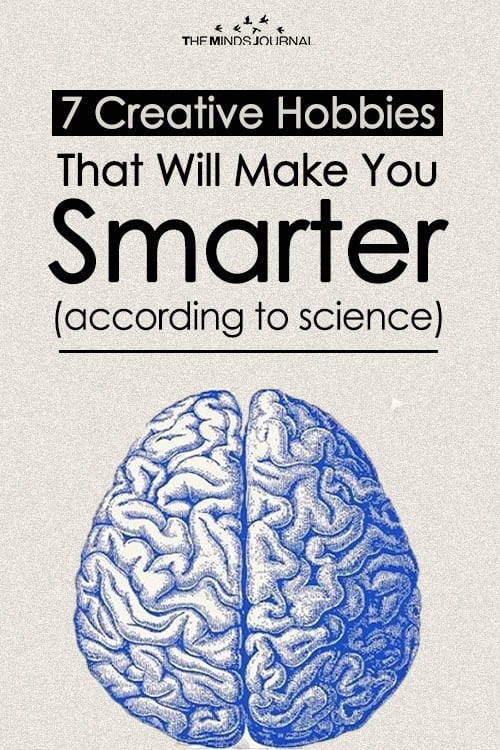

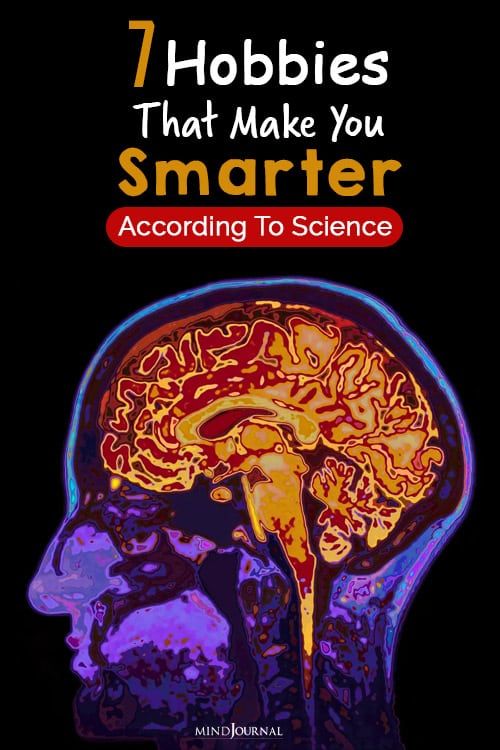
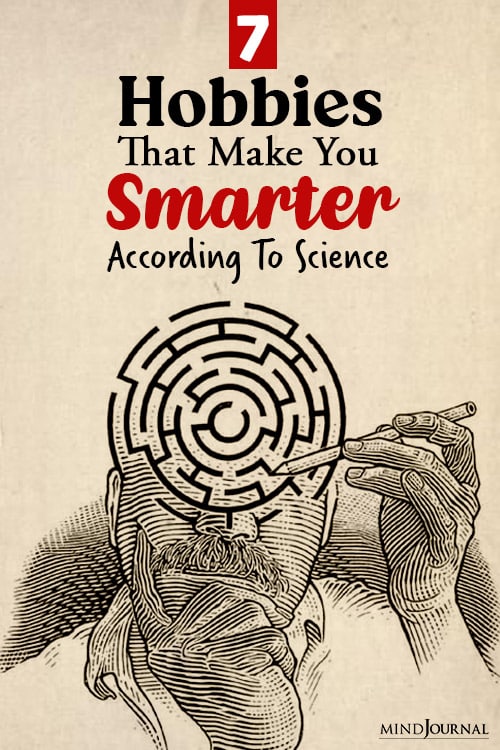
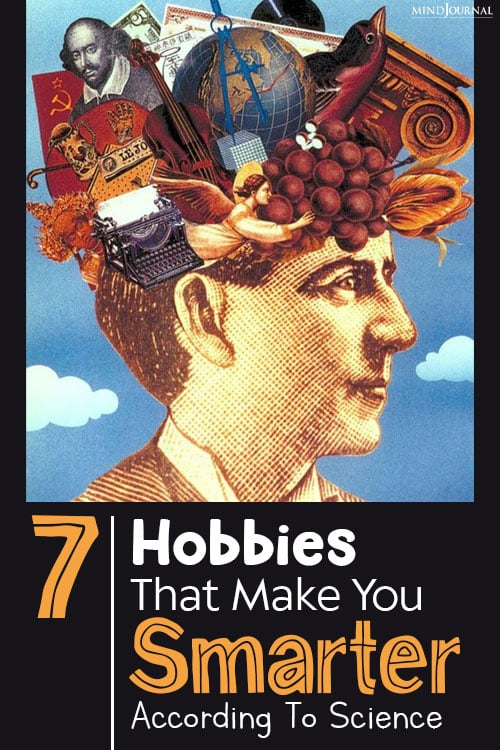
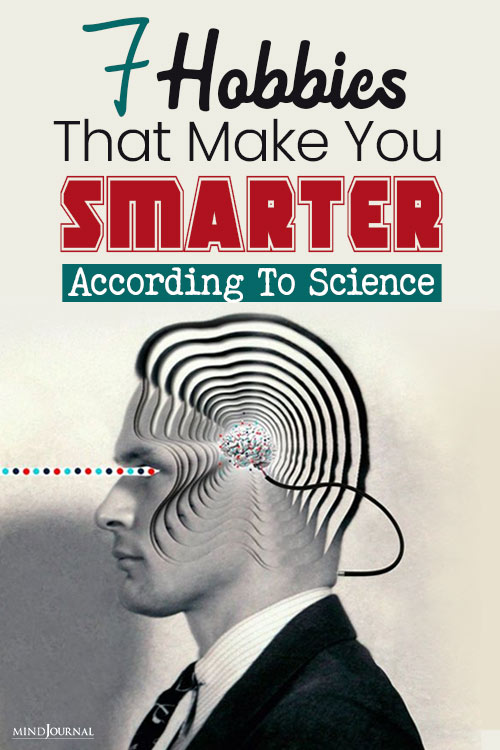
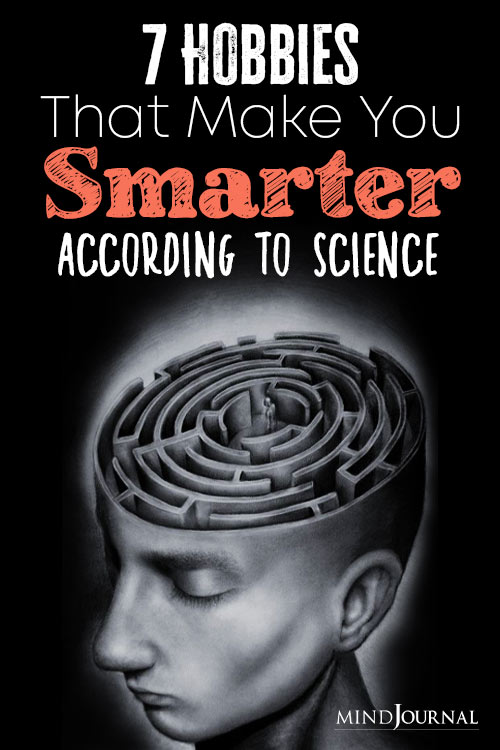
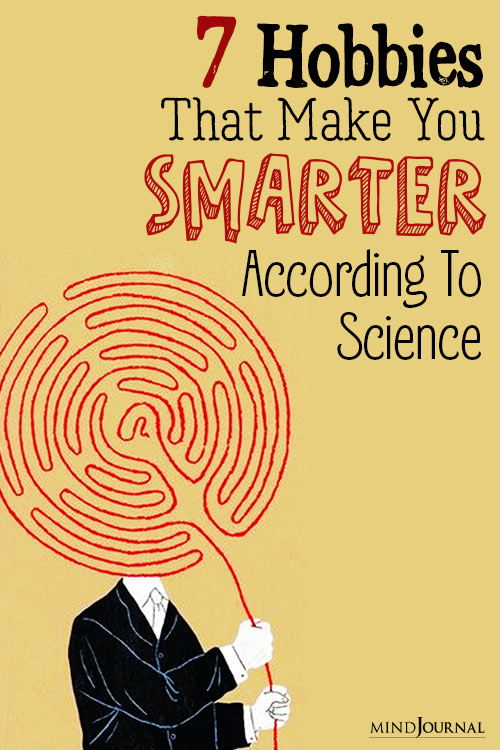
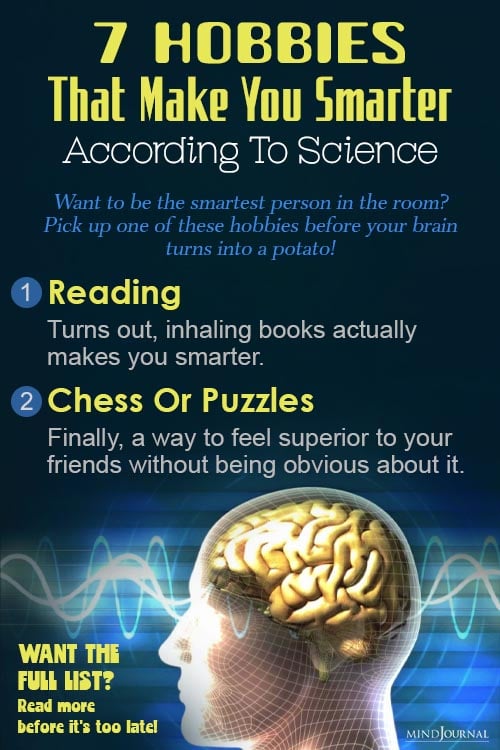

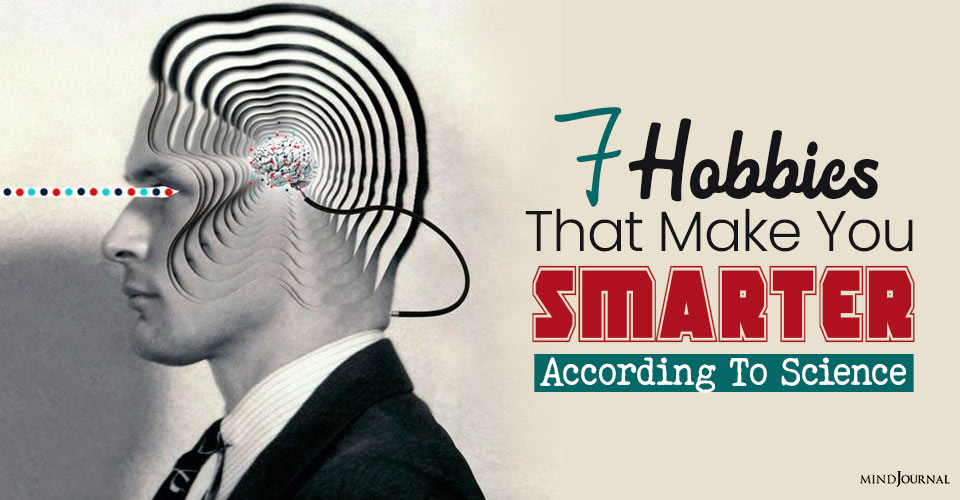







Leave a Reply